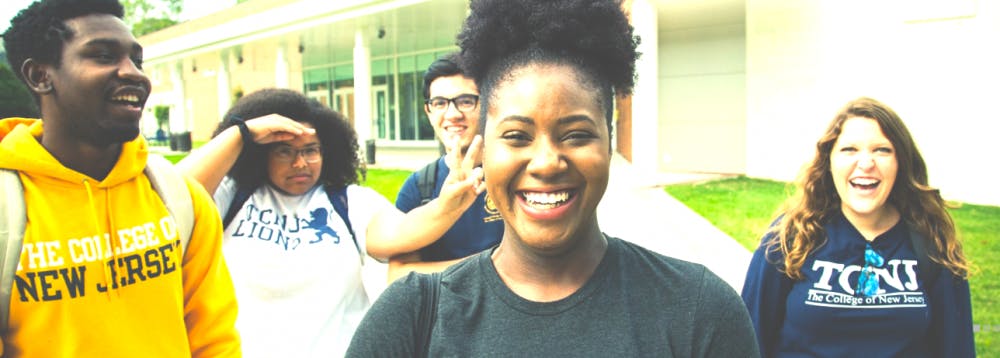By Isabel Vega
News Editor
As part of the fall semester’s Diversity Education Series, the Office of Institutional Diversity, Equity and Inclusion held “Exploring Early Messages on Race and Cultural Differences” on Thursday, Oct. 10 in the Brower Student Center Room 225.
Robin Parker, the executive director of Beyond Diversity Resource Center, welcomed the audience, introducing himself and his colleague, Pamela Smith Chambers, the training director of the Beyond Diversity Resource Center.
The series started off with a large group activity. Participants formed an inner and outer circle and proceeded to think about early messages that one is given as a child about different groups of people.

The groups agreed that early messages are preconceived ideas about people who are different from them and that people usually learn these messages from parents, childhood experiences or teachers.
The two groups faced each other, and the people in the outer circle moved one person to the right after having 30 seconds to answer the question with their partner.
Parker began asking the groups diversity-based questions to challenge them to think about the messages sent to them in their childhood.
“What were your early messages about white people living in the United States?” he asked the participants. “What were your early messages about Pacific Islanders?”
Calleigh McGinley, a junior psychology major, acknowledged that the activity was initially difficult, but she emphasized its importance.
“ … (The activity) was uncomfortable and intimidating at first, but it is crucial to learn about other people’s ideas and stories.”
After the activity, Chambers led a group discussion, where she asked participants to describe how they felt during the exercise.
Many agreed that they felt frustrated because they were unsure of how to answer a lot of questions due to their lack of experiences with certain groups growing up and not learning about them.
“What’s the message of not talking about race or experiencing people that are different than you?” Chambers asked. “It’s simply not important to you.”
Many brought up the point that their parents did not teach them about other groups of people, so many never had early messages.
“I think parents work very hard to give us an ideal childhood, but there were things I could not avoid leaving the house,” Chambers said.
Chambers also promoted the idea that “talk creates change.”
“The fear of being judged badly about race keeps us from talking about it,” he said. “If we don’t understand our rough edges, there is no opportunity to smooth them out.”
Chambers told the audience that everyone has some prejudice and that once society admits it, people can better understand the differences amongst people.
“Conversations we had today helped us to dispel myths and stereotypes,” Chambers said. “We need to talk about our racial differences — the better we understand, the deeper relationships we can build … we have to make a commitment that we are going to be lifetime learners.”







